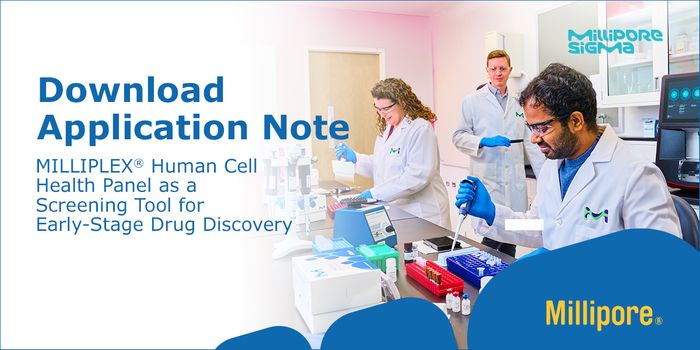Study Uncovers a Role for Ultraprocessed Food in Early-Onset Colorectal Cancer
The rates of early-onset colorectal cancer, cases diagnosed in those under 50 years old, have alarmingly and rapidly increased in recent years. The consumption of ultraprocessed foods has also risen in the same timeframe, posing a significant health threat. While doctors and scientists have predicted a link between the consumption of these foods and colorectal cancer, comprehensive studies to assess the relationship have remained limited.
“Ultraprocessed” refers to a vast array of foods and beverages that contain preservatives, including artificial colors, added sugars, artificial sweeteners, and large amounts of salt. Most ultraprocessed foods have little to no nutritional value and they are often mass produced. Examples of ultraprocessed foods include sugary drinks, like pop and sports drinks, and packaged cookies, chips, and cereals.
The groundbreaking study, led by a team of researchers from Harvard Medical School, aimed to uncover the potential link between ultraprocessed foods and early-onset colorectal cancer. Their findings, recently published in JAMA Oncology, provide compelling new evidence of the connection between diet and the development of this form of cancer.
The researchers conducted a comprehensive investigation, utilizing data from the Nurses’ Health Study II, an ongoing cohort of female registered nurses that has collected prospective data since 1989. The study team followed participants involved with the current analysis from 1991 to 2015, providing ample time to interrogate long-term outcome data. Participants completed food-frequency questionnaires every four years, from which the researchers could extrapolate ultraprocessed food intake into five groups based on servings per day. The study included participants who had undergone an endoscopy before age 50, had no history of invasive cancer before endoscopy, and had no colon polyps or inflammatory bowel disease diagnoses.
The study identified 29,105 participants who met the inclusion criteria, and 1,189 and 1,598 cases of early-onset conventional adenomas and serrated lesions, respectively. These diagnoses indicate precancerous polyps that develop in the colon and can turn into colorectal cancer.
Ultraprocessed foods accounted for 34.8% of total daily calories and 28.2% of total dietary servings within the cohort. Participants in the study consumed a median of 5.7 servings per day. Women with the highest intake of ultraprocessed foods had an increased risk of early-onset conventional adenomas but not serrated lesions. These results remained after statistical corrections for contributing factors, such as body mass index, diabetes, and the consumption of other dietary factors (i.e., fiber and calcium).
The study's conclusions have significant implications for public health. The findings suggest that a high intake of ultraprocessed foods is associated with an increased risk of early-onset colorectal conventional adenomas, highlighting the role of diet in the rising rates of colorectal cancer among individuals under 50. These results support the implementation of preventative strategies focused on dietary intervention. Moreover, the study provides further evidence that colorectal cancer screening, including endoscopies that identify colon polyps, should commence earlier than the current recommendation of age 45 for individuals not considered high-risk for colorectal cancer.
Sources: Lancet Oncol, Lancet Gastroenterol Hepatol, JAMA Oncol









